Coronavirus: Pfizer jab cleared for first rollout, with more planned
The pharmaceutical giant says it is open to providing more doses of its vaccine to Australia as it ramps up production later this year.
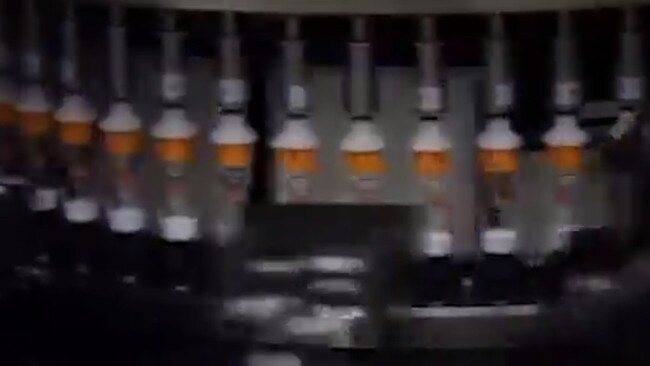
Pharmaceutical giant Pfizer says it is open to providing more doses of its vaccine to Australia as it ramps up production later this year, after the Australian medical regulator cleared the way for the first COVID-19 immunisations to take place within weeks.
The Therapeutic Goods Administration granted provisional approval to the Pfizer-BioNTech vaccine, with 80,000 doses of the mRNA vaccine to arrive in Australia in late February.
The vaccine breakthrough came as Australia called a 72-hour halt to its one-way bubble with New Zealand after a returning resident there tested positive to a highly infectious South African strain of COVID-19.
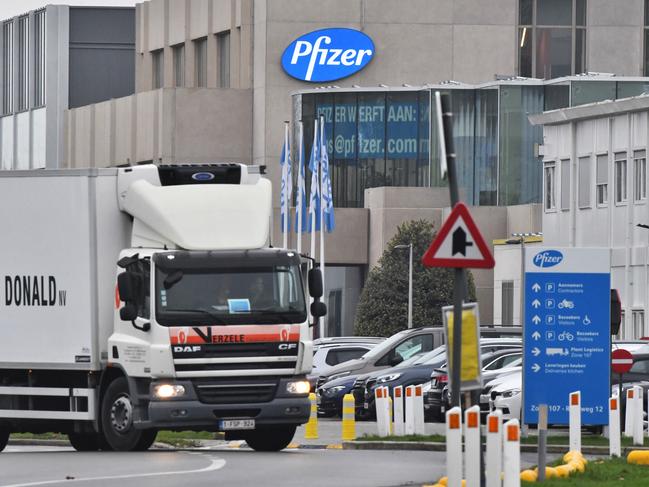
Anyone who arrived into Australia from New Zealand since January 14 has been urged to get tested and self-isolate until the results are known, while new arrivals will go into two weeks’ mandatory hotel quarantine.
Almost 700,000 priority Australians will be first in line to receive vaccinations, including quarantine and border workers, some frontline healthcare workers, aged and disability care staff and aged-care residents.
The first vaccinations were to have been administered in mid-February but have been pushed back to late next month because of manufacturing constraints.
The government has indicated that it expects to receive 80,000 doses of the Pfizer vaccine a week initially, with Pfizer providing guidance later in February about the rollout timetable.
Pfizer Australia and New Zealand managing director Anne Harris would not be drawn on how many doses of the vaccine the company would be able to supply and what the time-frame would be beyond the first 80,000 doses.
Pfizer is under pressure in Europe over manufacturing delays, with Italy threatening to sue the pharmaceutical company.
Ms Harris said she did not expect manufacturing delays to significantly affect Australia’s supply of the vaccine, and the 10 million doses would be supplied “over the course of 2021”.
“We’ve got a working plan that we are going to deliver to and we’re on track to deliver to that,” Ms Harris said.
“The plan is to start with 80,000 doses and to scale up from there. So we’re working really closely with the government on the implementation program. On a daily basis, we are working through exactly how that is going to work.”
The Pfizer approval came as Australia recorded its seventh consecutive day of zero cases of COVID-19.
After the first 700,000 Australians are vaccinated, phase 1b of the vaccine rollout will target the elderly, other healthcare workers, Aboriginal people aged over 55, younger adults with health conditions and critical and high-risk workers including defence, police, fire, emergency services and meat processing workers.
Some of this group will receive the Pfizer vaccine, but it’s likely that the supply of AstraZeneca’s vaccine will ramp up quickly from March, and many of these priority individuals will receive that jab.
Opposition health spokesman Chris Bowen criticised a lack of transparency over the timetable of the Pfizer vaccine rollout.
The government has indicated it is aiming to have vaccinated four million people by the end of April.
“The spin the government put on the Pfizer deal does not match the reality,” Mr Bowen said. “The ultimate spin was the first-in-the-queue rhetoric — we are very far from it.
“The government has been pretty opaque in their statements about vaccine rollout. They talked up how early we will be but, quite frankly, that is just not matching reality.”
Ms Harris said the company would be willing to discuss the possibility of supplying more vaccine to Australia as it ramped up its manufacturing to two billion doses by the end of 2021. “The whole purpose of us moving our target from 1.3 billion to two billion doses over the course of 2021 is because we recognise governments have been asking for additional capacity,” she said. “As we scale up, we will start to have those discussions with governments around the world on what the needs are.”
Scott Morrison on Monday hailed the TGA approval of the Pfizer vaccine, noting Australia was one of the first countries in the world to give a green light to the jab that was not done on an emergency basis. As well as 10 million doses of Pfizer’s vaccine, the government also has contracts for the supply of 53 million doses of the AstraZeneca vaccine, which will be manufactured onshore, and 51 million doses of the Novavax vaccine.


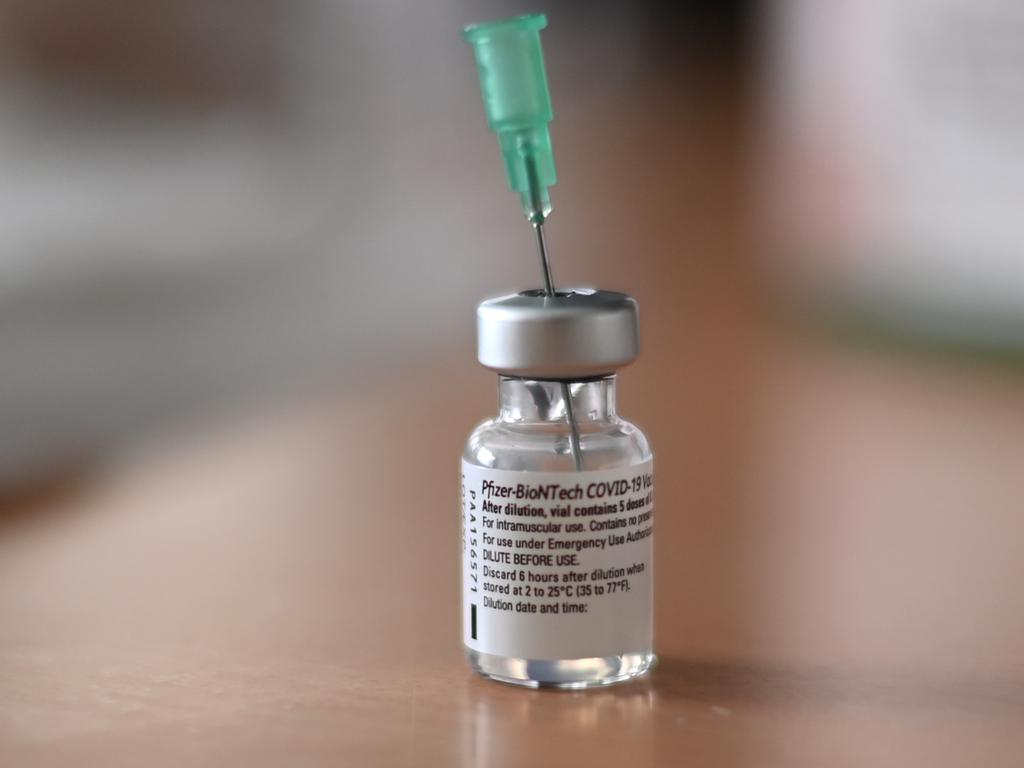

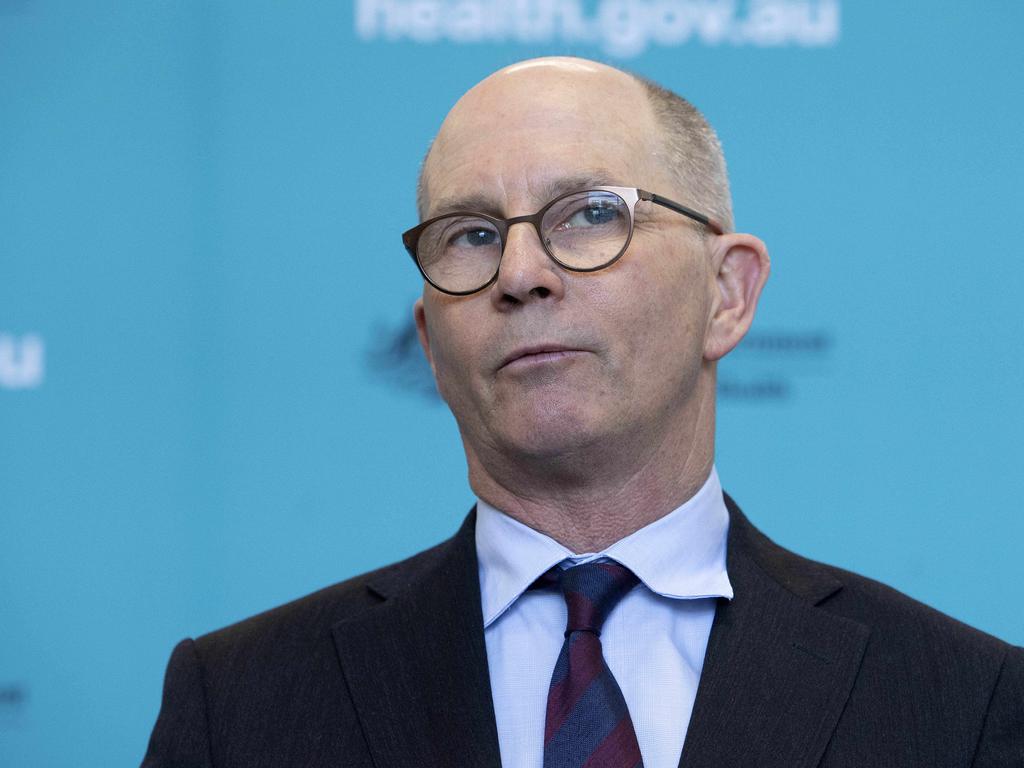
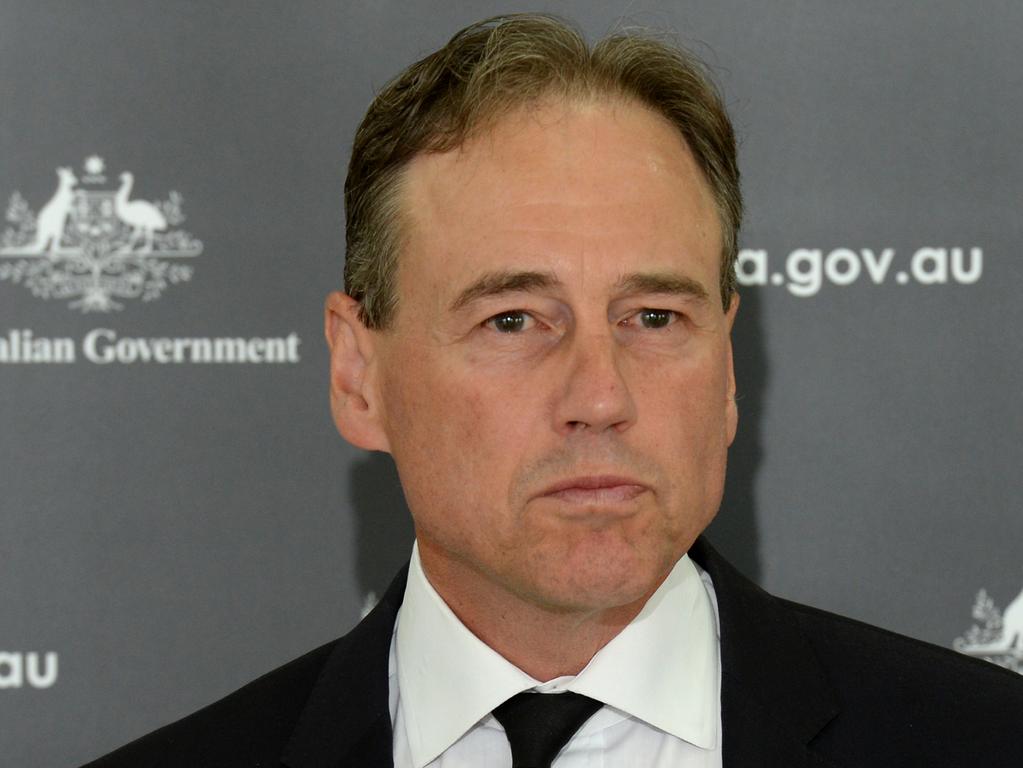


To join the conversation, please log in. Don't have an account? Register
Join the conversation, you are commenting as Logout